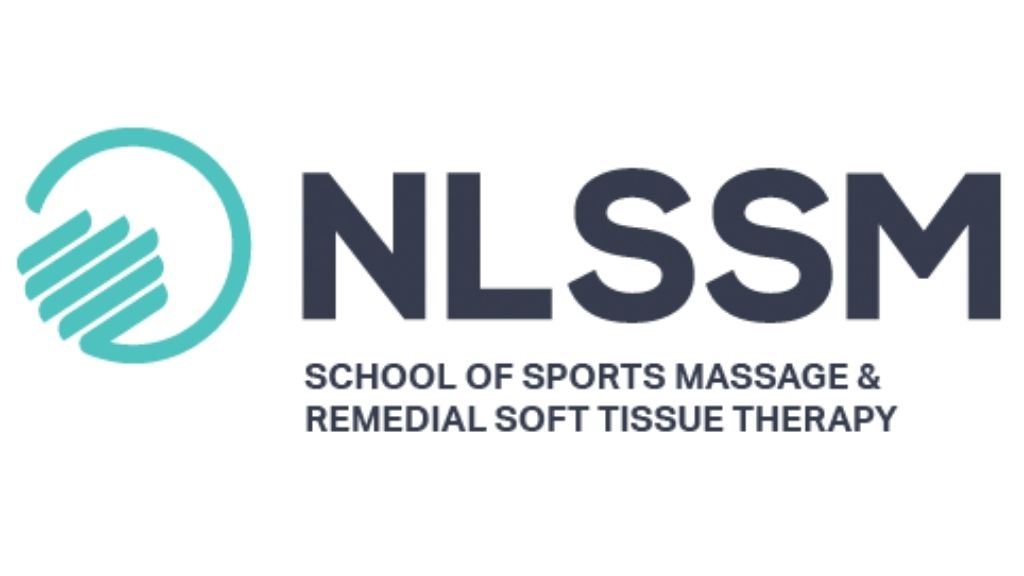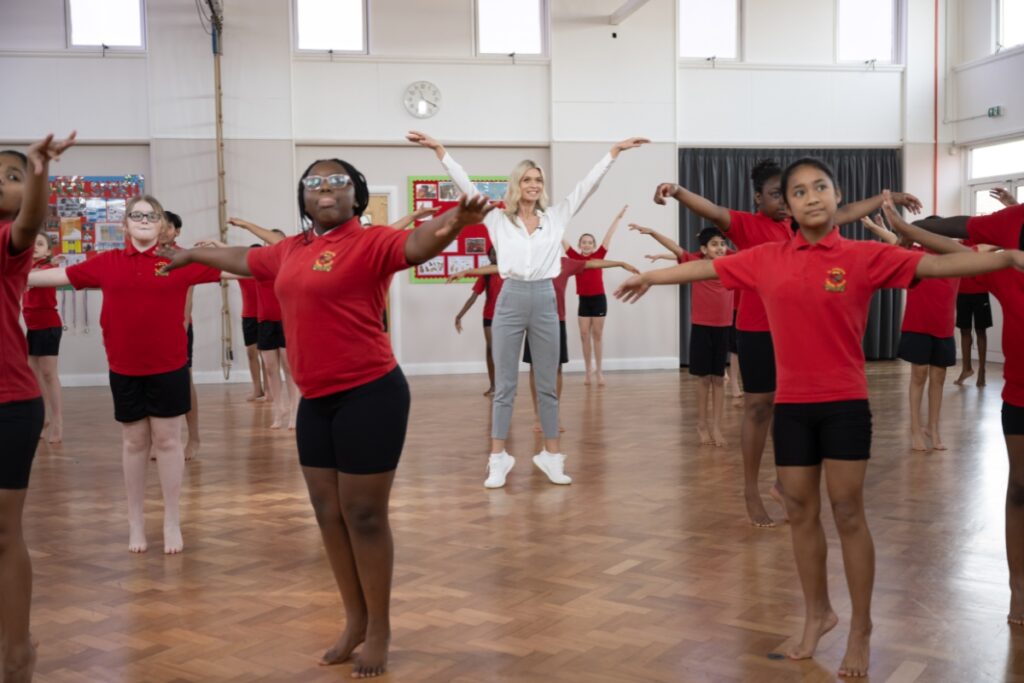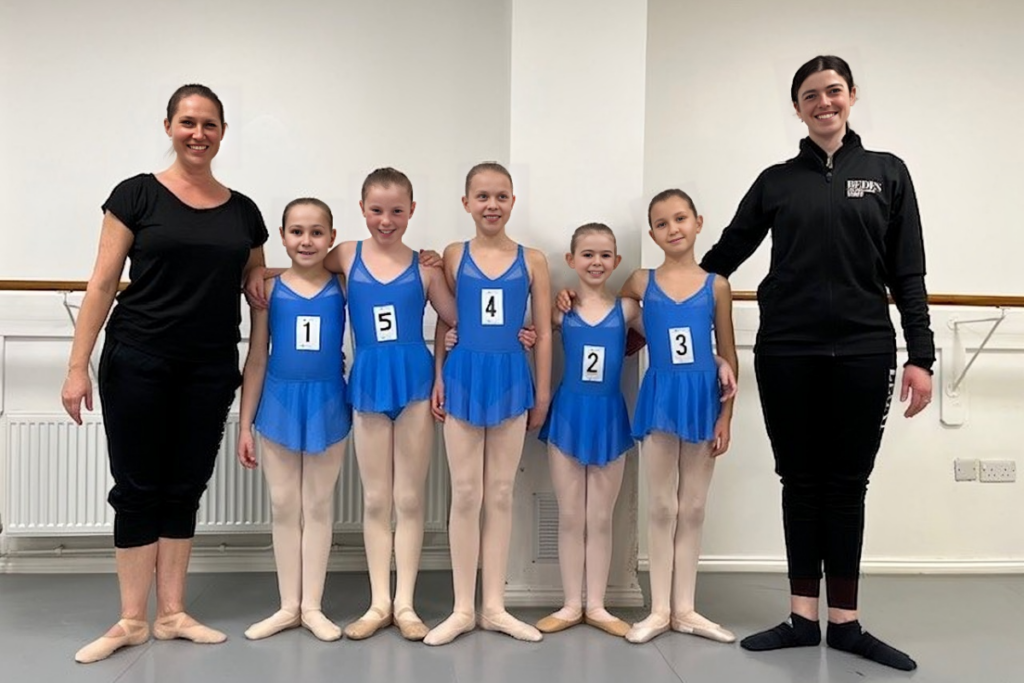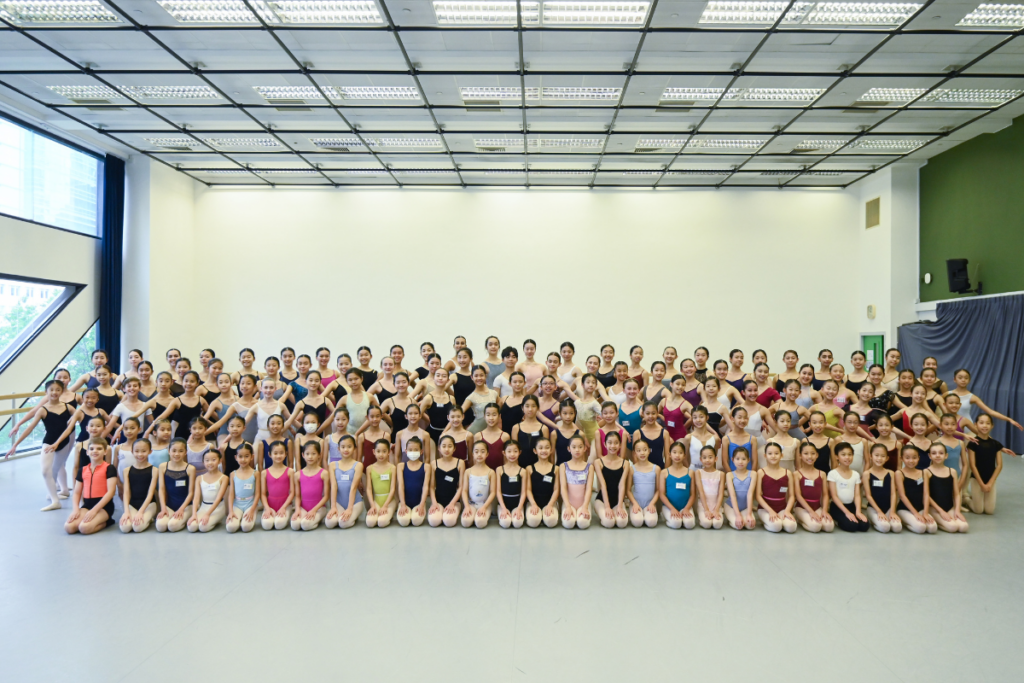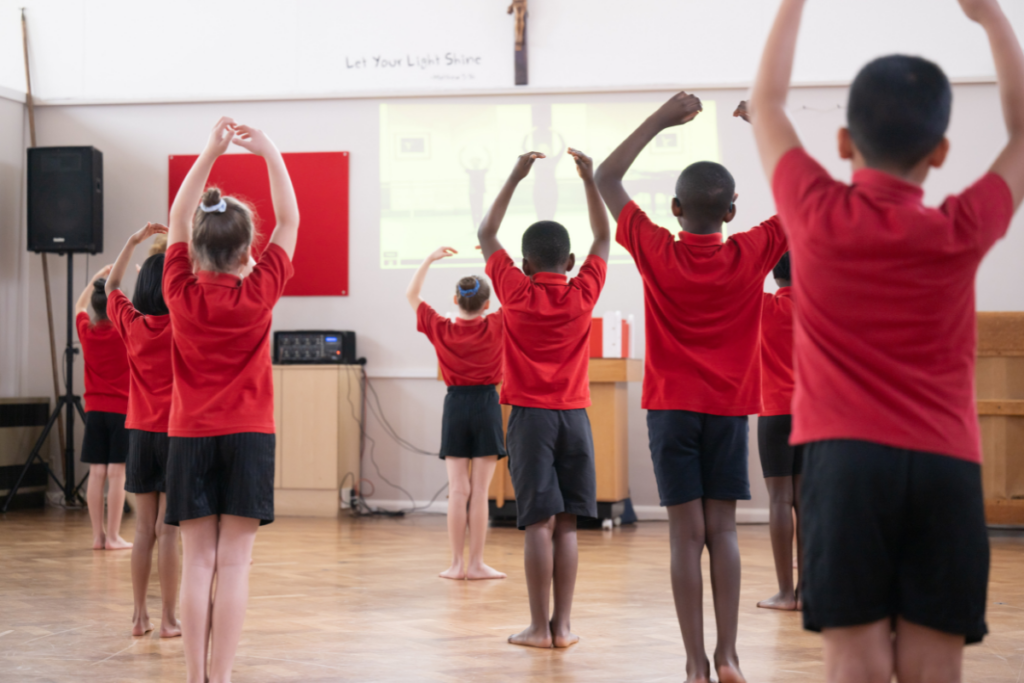The School forms new partnership with NLSSM
We are excited to be forming a new partnership with the North London School of Sports Massage and Soft Tissue Therapy.
NLSSM was established in 2004 and provides professional training for budding sports massage therapists. Within a single course, their graduates gain the highest qualification in sports massage therapy and are able to progress to become top-level therapists. They are also able to become members of The Sports Massage Association.
The partnership
With this partnership with NLSSM, the School will host two sports massage students for a placement each term. As part of their course, the students must complete 100 hours of clinical placement, and the School will be providing them with a high-performance environment for their training. Additionally, they will have the chance to work closely alongside our own expert healthcare team.
This is a wonderful opportunity for the School to extend our healthcare provision. Students at Upper School will receive massage treatments from the placements, which are hugely beneficial to their physical and psychological recovery. Students from the NLSSM will gain valuable experience working with our dancers, who are elite athletes.
In conversation with Cassandra Gramozi
Cassandra Gramozi is a manager and senior tutor at NLSSM. She herself completed the Level 5 BTEC Diploma in Sports Massage and Remedial Soft Tissue Therapy with NLSSM in 2008 and has since worked within the world of sport, currently as a consultant Soft Tissue Therapist to the U21s Men’s England Football team. We were delighted to be able to speak to Cassandra about our new partnership.
Can you tell us about the work of NLSSM?
NLSSM was born out of a desire to progress the profession of sports massage and remedial soft tissue therapy. It was and still is our passion to make a difference, whether it improves an athlete’s performance or helps others lead a healthier and more functional lifestyle.
We offer a Level 5 BTEC Diploma in Sports Massage and Remedial Soft Tissue Therapy that is completed in just under a year. It is a part-time programme which our students can attend while still working in their regular jobs.
We have a fantastic team of tutors, all of whom have trained with us and have established successful careers so they are able to bring a variety of life experiences. Many have gone on to do further training in physiotherapy, osteopathy and sports therapy, bringing a wealth of knowledge to the school that integrates other professions.
What has your experience with NLSSM been like?
I have been with the school from the very beginning in my current role as an administrator, eventually training and qualifying with NLSSM, and it has been amazing having a career that I am so passionate about. I have seen the school evolve over almost two decades; they have survived many challenges, not least the pandemic, and they are always evolving the course to deliver an up-to-date understanding of what we as soft tissue therapists can achieve for our clients.
What are the physical and psychological benefits of sports massages?
Sports massage (also known as soft tissue therapy) is used for a variety of reasons. It involves the manipulation of soft tissue (which is often referred to as fascia, which includes what is familiarly known as muscles, tendons, and ligaments) to benefit anyone participating in regular physical activity or to help with their general wellbeing. Our teaching comes from evidence-based research rather than historical misconceptions. Some of the benefits that clients might experience when being treated by a skilled therapist are:
- improved energy levels
- increased flexibility & range of movement
- a greater sense of body awareness that can lead to enhanced performance
- developing more balanced and functional movement patterns
- improved exchange of fluid delivery
- pain reduction
- emotional stimulation/relaxation
- a greater sense of well-being that includes decreasing anxiety
- better sleeping patterns which can lead to improved health
- improved recovery from training, injury, & trauma
- supporting and improving immunity.
How can sports massages help dancers going through recovery?
Our director’s first career was in dance. She studied ballet from the age of five and spent most of her young adult life in dance training, gleaning from this one of the most important principles that will ensure a depth of touch that is perfect, since dancers instinctively understand the principle of being both strong and light. This is the founding principle that was formative in how we work with soft tissue. As soft tissue therapists, we emulate one of the practices of a dancer’s movement that offers a depth of touch that exemplifies both lightness and strength. This approach has been vital in the training and the delivery of our hands-on skills, allowing us to make changes without damaging the body whilst achieving an effective depth that aids in faster recovery. Obviously, it is important that a dancer can stay finely tuned and remain injury-free, but it is also equally important that they can recover effectively from injuries.
How will this new partnership benefit both the School and NLSSM?
We are honoured to work with The Royal Ballet School. Our experience of working within elite sport (rugby, football, & GB teams) demonstrates that we can make a difference in both recovery timelines and performance.
From the school’s perspective, it is important that our therapists gain ‘real-life’ experience so they can thrive in their future careers. It is important they can gain experience as part of a multidisciplinary team, working alongside others and using an integrated approach. These are invaluable learning opportunities for both students and graduates alike; it is what NLSSM is about and we want our graduates to be the best at what they do.
Thank you, Cassandra, for taking the time to speak with us. We are very much looking forward to building this exciting relationship with NLSSM.

